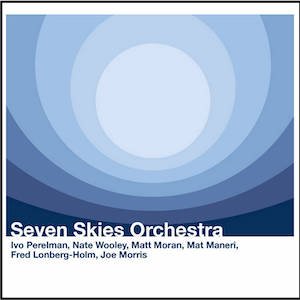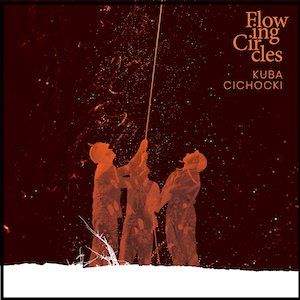Label: Intakt Records, 2024
Personnel - James Brandon Lewis: tenor saxophone; Aruan Ortiz: piano; Brad Jones: bass; Chad Taylor: drums.
James Brandon Lewis, a sensational saxophonist with musical resources that transcend various musical scenarios, unveils Transfiguration, his fourth album leading a quartet featuring Cuban-born pianist Aruan Ortiz, bassist Brad Jones, and drummer Chad Taylor. Echoes of Coltrane, Shepp, Rollins, and Ayler reverberate throughout the album, infused with Lewis’ own energy as he navigates harmonic tapestries with unwavering confidence.
The title track, an exploration of 12-tone music, pulsates with a polyrhythmic feel and a modal sense of urgency, exhibiting a grandiose theme statement, a tour-de-force tenor discourse, and agile accompaniment. Ortiz brings a bit of McCoy Tyner’s fantasy to the setting, adding inventiveness in the upper register before a mantric final vamp. “Trinity of Creative Self” unfolds as a rubato ballad, anchored by Jones’ austere arco bass and Taylor’s uninterrupted rhythmic stream.
The early bass notes in “Swerve” create a patterned odd-metered figure in support of a strong blues incarnation referencing atomic motion. In turn, “Per 6”, inspired by circadian rhythms, flows at a caravan-like pace, dressed in smooth, well-knitted Eastern fabrics.
Lewis demonstrates keen phraseology, occasionally stretching the timbral possibilities of his instrument. He pays homage to American painter and sculptor Jack Whitten with “Empirical Perception”, a piece characterized by static yet intense modal explorations, and to French philosopher Henri Bergson with the fervently expressed “Élan Vital”, which culminates in a gospel-infused, four-chord jazz sequence.
Notably, “Triptych” stands out with its sophisticated chordal work, a strong melodic formula with three sets of four notes, crisp solos, and a synchronously crafted finale. It’s definitely a highlight of the album. In the usual way, the performance of Lewis’ singled-out quartet is invested with imaginative intuition and unity.
Favorite Tracks:
01 - Transfiguration ► 04 - Per 6 ► 07 - Triptych








































